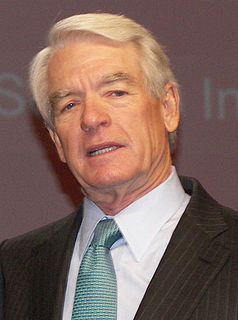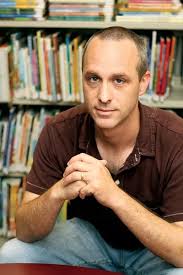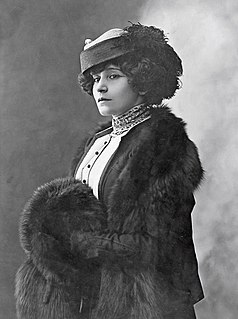A Quote by Joe Queenan
Books did not need to be beautiful back in the Fifties, because nothing else was beautiful back then. Books were simply there: you read them because they were diverting or illuminating or in some way useful but not because the books themselves were aesthetically appealing.
Related Quotes
When you talk to people about the books that have meant a lot to them, it's usually books they read when they were younger because the books have this wonder in everyday things that isn't bogged down by excessively grown-up concerns or the need to be subtle or coy... when you read these books as an adult, it tends to bring back the sense of newness and discovery that I tend not to get from adult fiction.
The current publishing scene is extremely good for the big, popular books. They sell them brilliantly, market them and all that. It is not good for the little books. And really valuable books have been allowed to go out of print. In the old days, the publishers knew that these difficult books, the books that appeal only to a minority, were very productive in the long run. Because they're probably the books that will be read in the next generation.
By the time I got to college I had stopped reading books because I wanted to "be cool" and started reading books simply because I wanted to read them. I discovered heroes like Roth, King, Dahl, Shirley Jackson, Patricia Highsmith, TC Boyle, Douglas Adams, Neil Gaiman, David Sedaris. These people weren't trying to "rebel against the literary establishment." They were trying to write great, high-quality books that were as entertaining and moving as possible.
I remember one letter from a girl in a midwestern town who read one of my books and thought she had discovered it- that no one had ever read it or knew about it. Then one day in her local library she found cards for one or two of my other books. They were full of names- the books were borrowed all the time. She resented this a bit and then walked around the town looking in everybody's face and wondering if they were the ones who were reading my books. That is someone I write for.
In the candle's flickering light, the library's thousands of books emerged from the shadows, and for a moment Nicholas could not help admiring them again. During free time he had almost never looked up from the pages he was reading, but now he saw the books anew, from without rather than from within, and was reminded of how beautiful they were simply as objects. The geometrical wonder of them all, each book on its own and all the books together, row upon row, the infinite patterns and possibilities they presented. They were truly lovely.
I'm always reading many books at a time. It might be quite unorthodox, but what I do is, since I'm always surrounded with books, I'll read a page of physics, and then I'll read a chapter of a novel that I really love, and then I'll say, "Oh well, what does that mixture do in my head?" I adore reference books. I love encyclopedias. I also like just going back to original texts, because a lot of these self-help books today.
Few beautiful women were willing to indicate in public that they belonged to someone. I had known enough women to realize this. I accepted them for what they were and love came hard and very seldom. When it did it was usually for the wrong reasons. One simply became tired of holding back love and let it go because it needed some place to go. Then, usually, there was trouble.
All the books that were being published by African-American guys were saying 'screw whitey', or some variation of that. Not the scholars but the pop books. And the other thing they said was, 'You have to confront the oppressor.' I understand that. But you don't have to look at the world through his eyes. I'm not a stereotype; I'm not somebody else's version of who I am. And so when people said at that time black is beautiful – yeah? Of course. Who said it wasn't? So I was trying to say, in The Bluest Eye, wait a minute. Guys. There was a time when black wasn't beautiful. And you hurt.

































